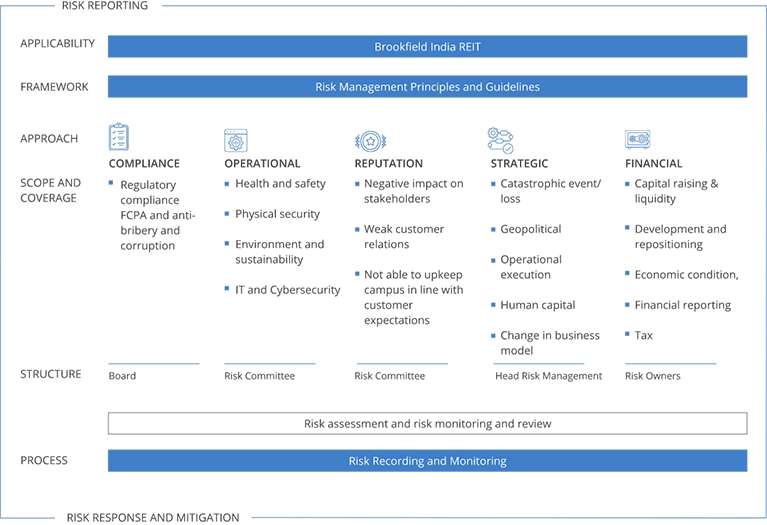Our Digital Sustainability Report is designed to be eco-friendly through the implementation of sustainable web design principles.
We leverage advanced programming techniques to ensure that our digital presence is both efficient and environmentally conscious.
Menu
Close
- Overview
- Our Strategy
- Governance
- Environmental
- Social
- Case Studies
ENVIRONMENT
SOCIAL
- Futsal Premier League for Occupiers
- Independence Day Celebration with India’s Largest Campus Corporate Quiz Competition
- Baby Care Rooms Facility
- Pond Redevelopment Initiative
- Digitizing Education Through Computer Labs
- Prosthetic Device for Persons with Limited Mobility
- Tree Plantation Drive: SankalpTaru Foundation
- Ploggers’ Drive: A Fitness and Cleanliness Community Engagement Initiative
- Sustainability in Supply Chain: Vendor Meet Highlights
- Indian REITs Association (IRA): A Collaborative Effort in Advancing India’s REIT Market
- Elderly, Children and Youth Welfare Programs
- Udayan Ghar Program
- Blood Donation Camps
- Inclusive Hiring
- Disability Sensitization Workshops
- India’s First REIT to Offer Accessible Online Platform
- Igniting Innovation
- ‘ONE Brookfield Culture'

- Reporting and Downloads
Eco-designed Sustainability Report
Our Digital Sustainability Report is designed to be eco-friendly through the implementation of sustainable web design principles.
We leverage advanced programming techniques to ensure that our digital presence is both efficient and environmentally conscious.
- Overview
- Our Strategy
- Governance
- Environmental
- Social
- Case Studies
- Environment
- Social
- Futsal Premier League for Occupiers
- Independence Day Celebration with India’s Largest Campus Corporate Quiz Competition
- Baby Care Rooms Facility
- Pond Redevelopment Initiative
- Digitizing Education Through Computer Labs
- Prosthetic Device for Persons with Limited Mobility
- Tree Plantation Drive: SankalpTaru Foundation
- Ploggers’ Drive: A Fitness and Cleanliness Community Engagement Initiative
- Sustainability in Supply Chain: Vendor Meet Highlights
- Indian REITs Association (IRA): A Collaborative Effort in Advancing India’s REIT Market
- Elderly, Children and Youth Welfare Programs
- Udayan Ghar Program
- Blood Donation Camps
- Inclusive Hiring
- Disability Sensitization Workshops
- India’s First REIT to Offer Accessible Online Platform
- Igniting Innovation
- ‘ONE Brookfield Culture'
- Reporting and Downloads








